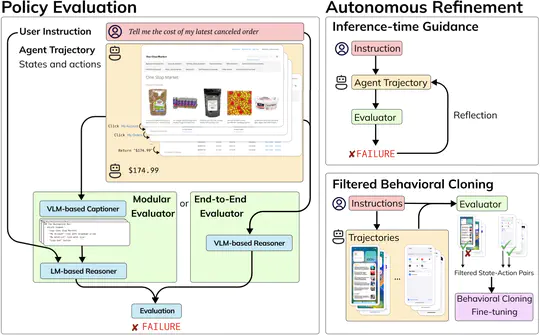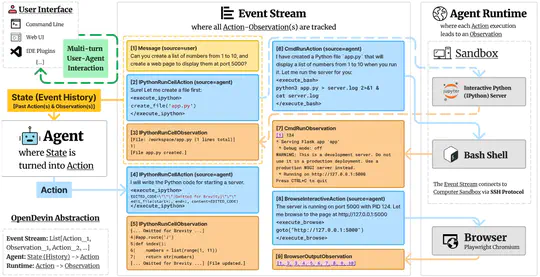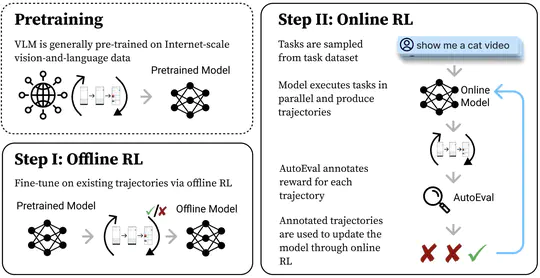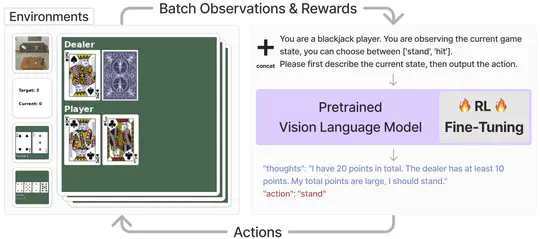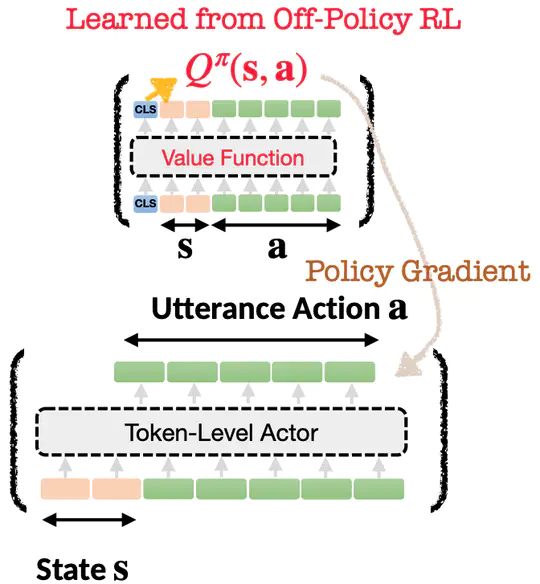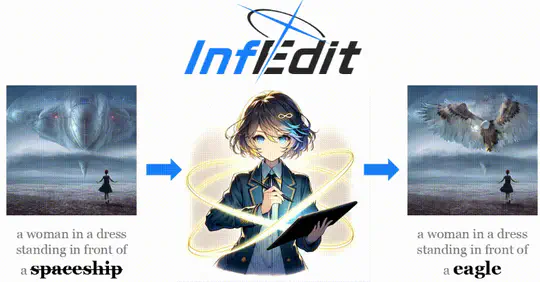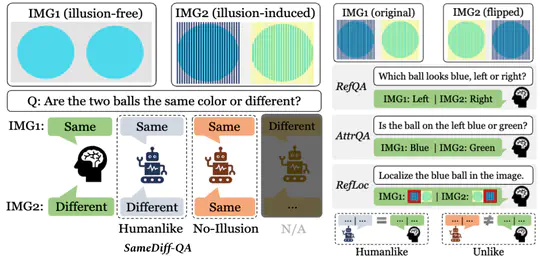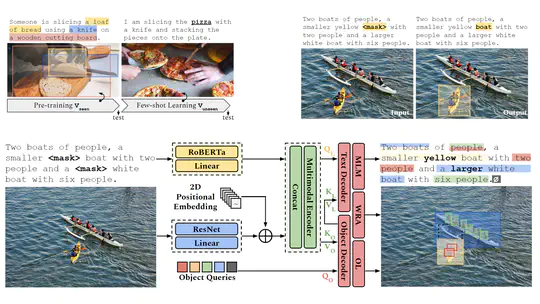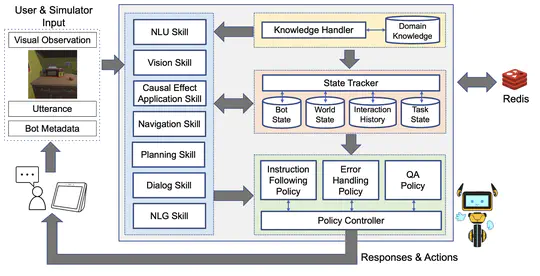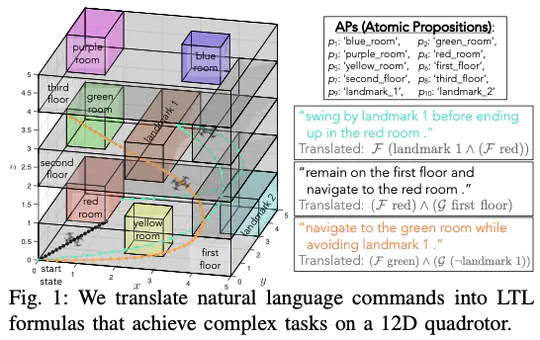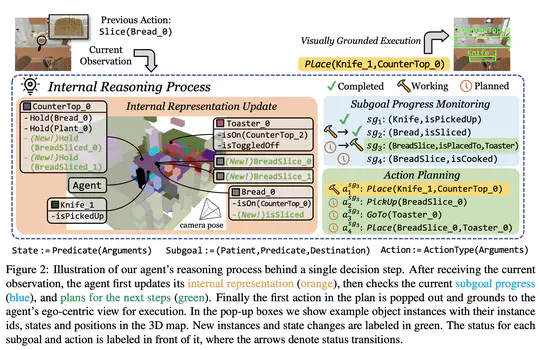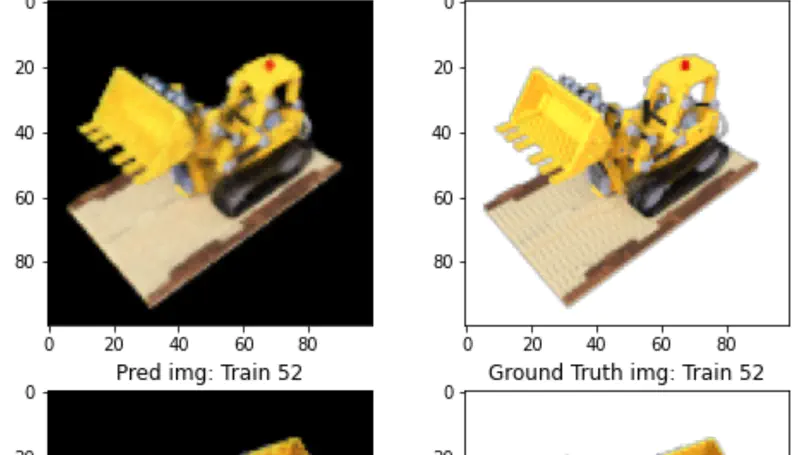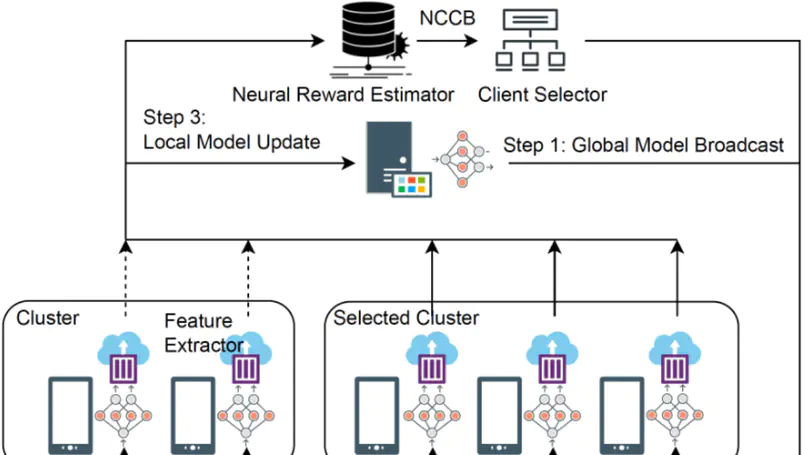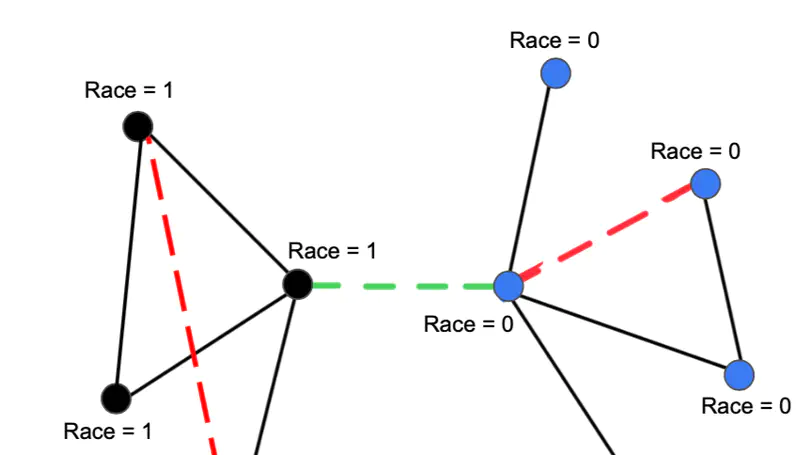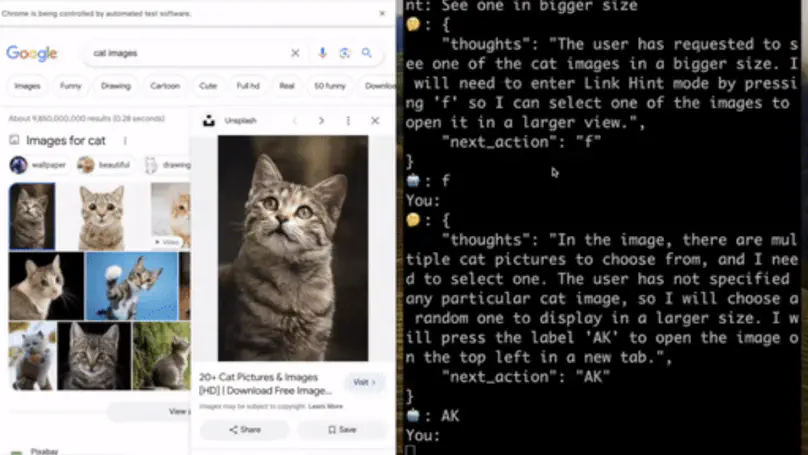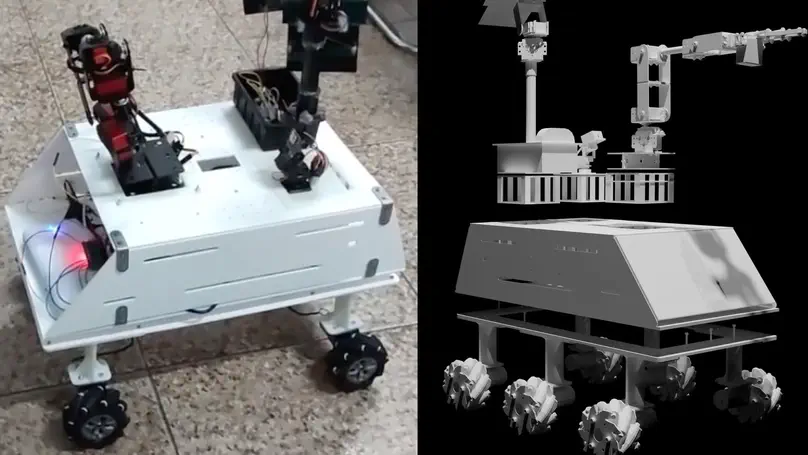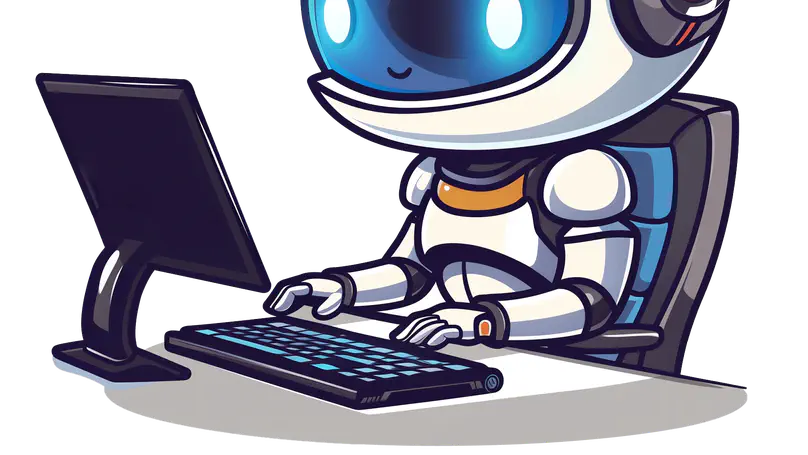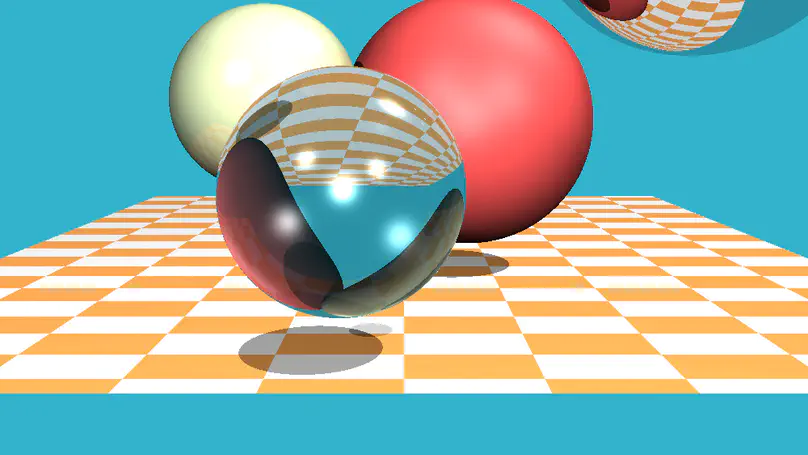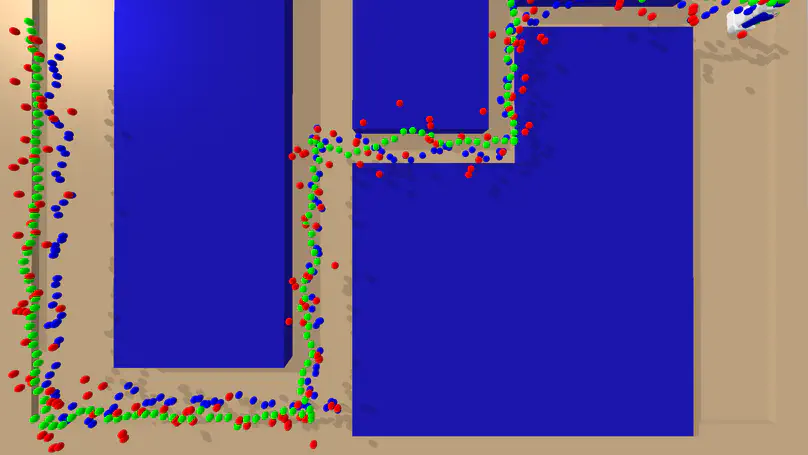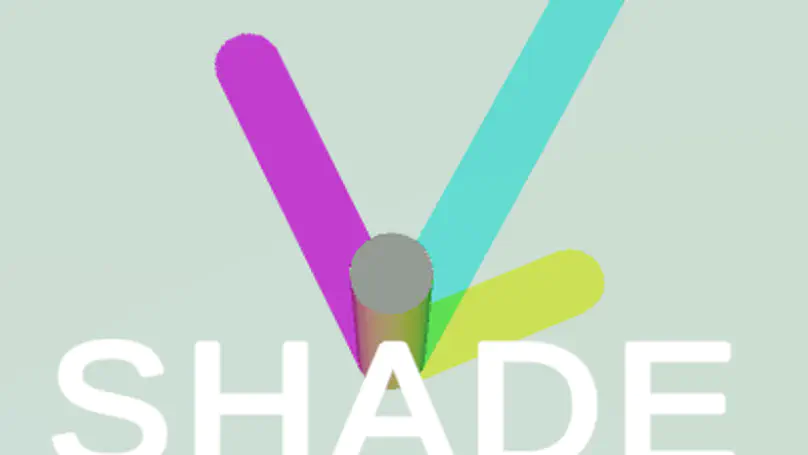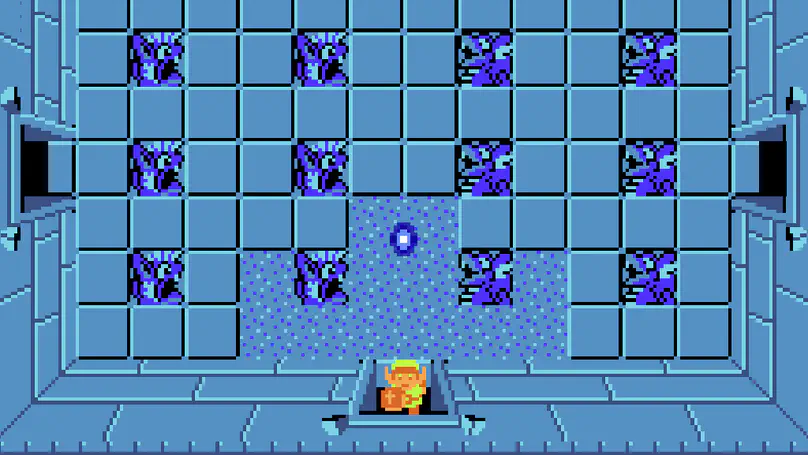Jiayi Pan
潘家怡
University of California, Berkeley
Hi 👋
I am a 2nd-year PhD student at Berkeley AI Research. I work with Alane Suhr at Berkeley NLP Group.
I enjoy understanding and making things. I try to learn broadly but bet on a single direction at a time. Recently, I am most excited about post-training, in particular, developing scalable methods to evaluate and improve language model agents.
Feedback is always welcome :)
📢 Open to internship opportunities at 25SU.
I received
- Best Paper Award at MAR Workshop CVPR 2024
- Outstanding Paper Award at ACL 2023
- Champion at Amazon Alexa Prize SimBot Challenge 2023
My work is also covered in Scientific American, State of AI Annual Report.
Publications & Manuscripts
Jiayi Pan, Yichi Zhang, Nickolas Tomlin, Yifei Zhou, Sergey Levine, Alane Suhr. COLM 2024 / ⭐️ MAR Workshop @ CVPR 2024 Best Paper.
OpenHands Community. Preprint.
Hao Bai*, Yifei Zhou*, Mert Cemri, Jiayi Pan, Alane Suhr, Sergey Levine, Aviral Kumar. NIPS 2024.
Yuexiang Zhai, Hao Bai*, Zipeng Lin*, Jiayi Pan*, Shengbang Tong*, Yifei Zhou*, Alane Suhr, Saining Xie, Yann LeCun, Yi Ma, Sergey Levine. NIPS 2024.
Yifei Zhou, Andrea Zanette, Jiayi Pan, Sergey Levine, Aviral Kumar. ICML 2024.
Sihan Xu*, Yidong Huang*, Jiayi Pan, Ziqiao Ma, Joyce Chai. CVPR 2024.
Yichi Zhang, Jiayi Pan, Yuchen Zhou, Rui Pan, Joyce Chai. EMNLP 2023.
Ziqiao Ma*, Jiayi Pan*, Joyce Chai. ⭐️ ACL 2023 Outstanding Paper.
Team SEAGULL at UMich, Perception Lead. 🏆 1st Place in the inaugural Alexa Prize SimBot Challenge.
Jiayi Pan, Glen Chou, Dmitry Berenson. ICRA 2023.
Yichi Zhang, Jianing Yang, Jiayi Pan, Shane Storks, Nikhil Devraj, Ziqiao Ma, Keunwoo Peter Yu, Yuwei Bao, Joyce Chai. EMNLP 2022, Oral.
Side Projects
Contact
- Email: jiayipan [AT] berkeley [DOT] edu
Misc
- I try to develop some habits. Currently, I am learning guitar and climbing.
- Growing up, I lived in quite a few places: Chongqing, Xinyang, Chengdu, Shanghai, Ann Arbor, and now the Bay Area.
- These days, I think a lot about how to align my research with a positive, counterfactual impact on the near future where AGI becomes a reality.
- Before doing AI research, I was quite into physics and participated in the Physics Olympiad during my high school years (although I wasn’t exceptionally strong). I still occasionally read physics books.
